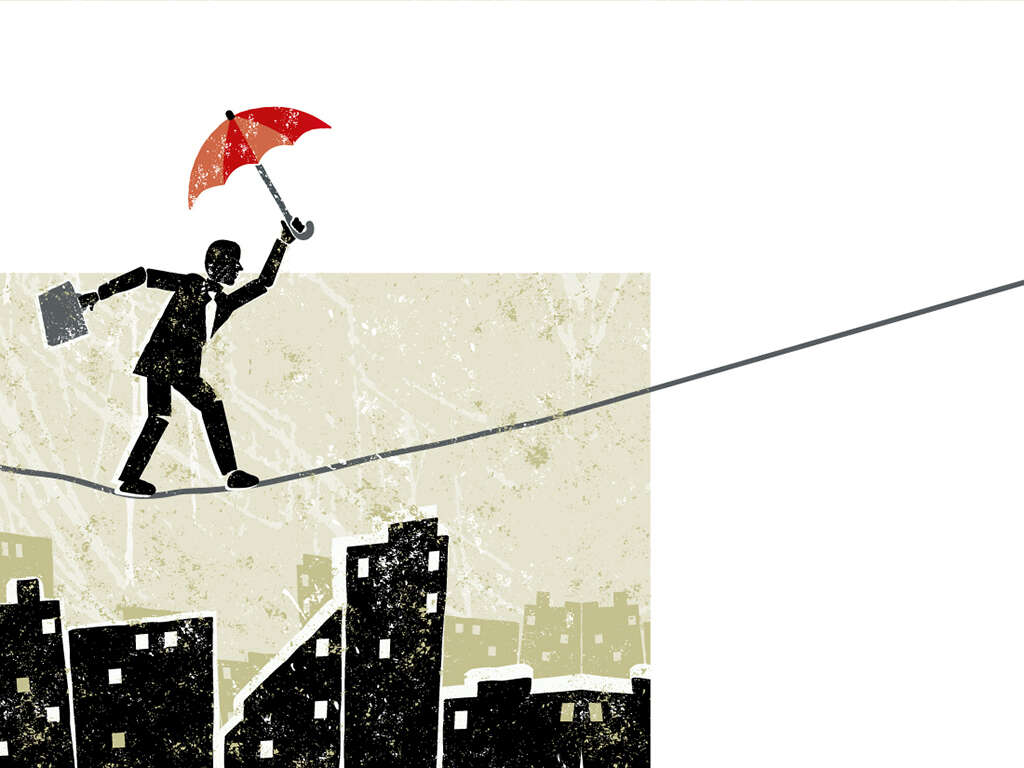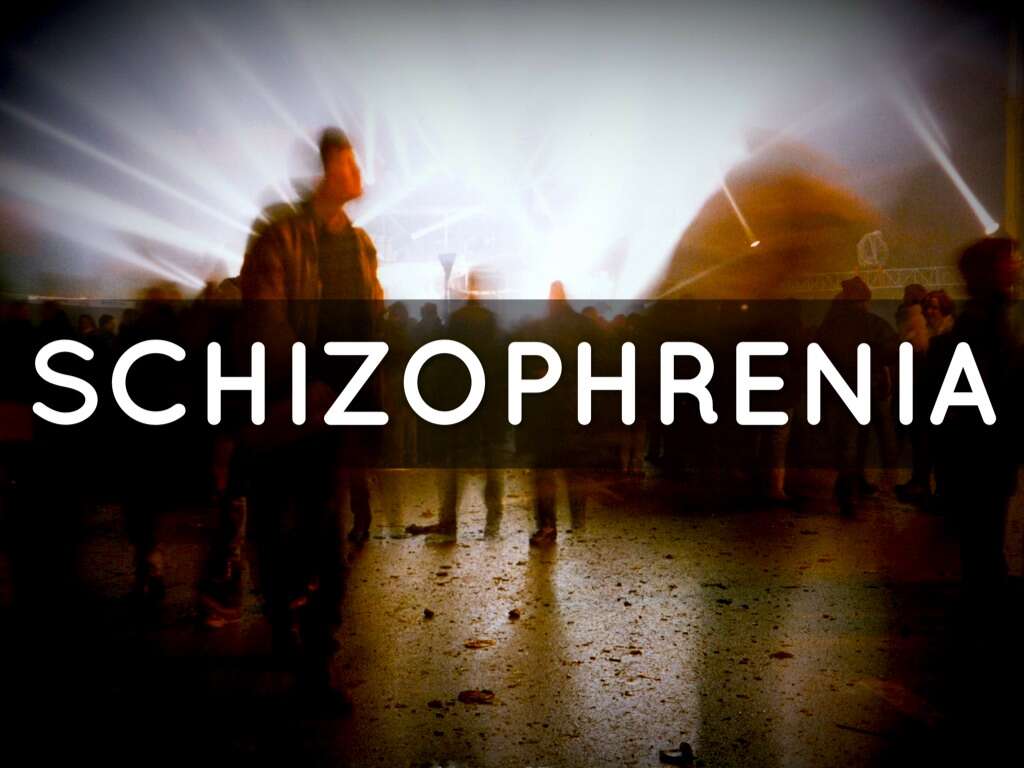What Is Schizoaffective Disorder?
Schizoaffective disorder is a persistent mental health condition that can make it difficult for those affected to live normal lives. It is a very rare disorder, but accurately calculating prevalence is also hampered by how closely related it is to other mental health conditions. It is very common for people with it to be misdiagnosed with depression.
Scientists have been unable to trace the origin of schizoaffective disorder, but they believe it is a combination of a mood disorder and schizophrenia. It is also one of the few mental health conditions that equally affect men and women.

1. What Are the Types of Schizoaffective Disorder?
WebMD recognizes bipolar and depressive as the two types of schizoaffective disorder. Note that both disorders include symptoms of schizophrenia. The specific mood disorder may affect the symptoms someone struggles with.
People who have bipolar type tend to experience episodes of highs and lows, known as mania and major depression, respectively. People with depressive type only have major depressive episodes.
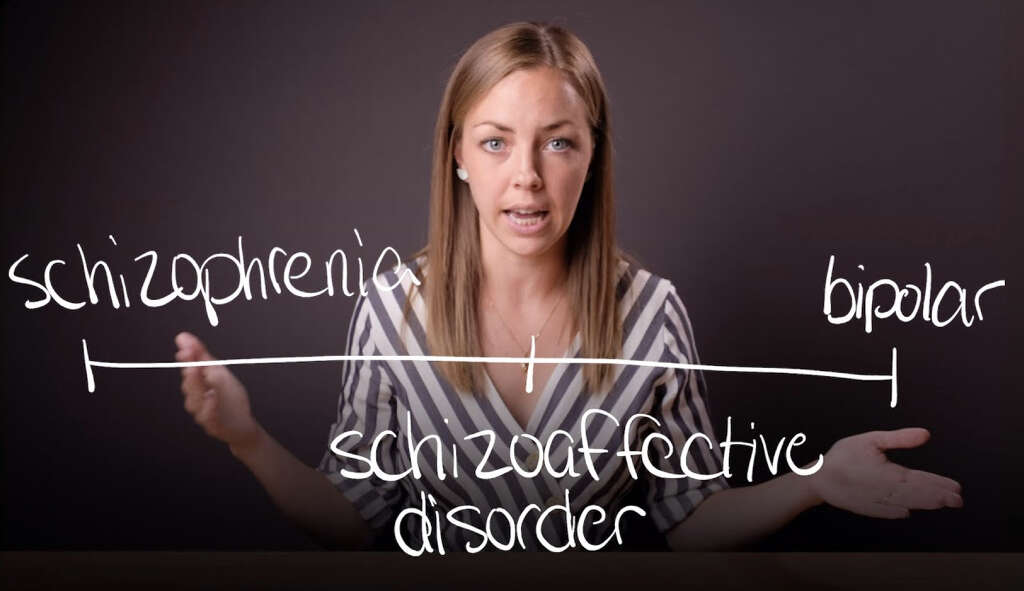
2. How Does Schizoaffective Disorder Differ from Schizophrenia?
While schizoaffective disorder and schizophrenia have a lot in common, they are still two separate mental health conditions. Schizoaffective disorder generally causes people to emotionally detach from reality. In contrast, schizophrenia tends to specifically refer to audio and visual hallucinations.
The big distinguishing factor between the two is the mood disorder component of schizoaffective disorder. This is not present in schizophrenic cases. However, it is possible for people with schizophrenia to also suffer from mood problems if they have additional disorders.

3. What Are the Symptoms of the Disorder?
Some people only have mild symptoms, but others struggle with severe episodes. People with delusions may hold onto strange beliefs even when provided with facts illustrating the contrary. Delusions often accompany mania, which includes bursts of happiness and risky behavior. This can lead to problems at work, in school and in social settings.
Depression symptoms include feelings of sadness and emptiness. With depression may come a lack of personal care. The individual may also become more withdrawn and only provide partial or even unrelated answers to questions.

4. What Are the Causes?
Unfortunately, scientists do not know for sure what causes schizoaffective disorder, but they have some educated guesses. The first is genetics. If someone has other schizoaffective person’s in the bloodline, they face much higher risks. It commonly passes from parents to children.
Another biological risk is brain chemistry. Scientists believe people may have issues with brain structure and chemistry that disrupts mood and rational thinking. Stressful situations can also trigger people already at risk. Finally, using mind-altering drugs can later lead to schizoaffective disorder.

5. What Are Complications to Watch Out For?
If you or a loved one has schizoaffective disorder, awareness of the possible complications can save lives and relationships. People with schizoaffective disorder tend to struggle with substance abuse problems. This can contribute to other health issues.
Social and work relationships can also suffer and become difficult to maintain. This can result in homelessness, unemployment and poverty. Many people with the disorder lose touch with loved ones over time, prefer to isolate and may have suicidal thoughts or intentions.

6. When Should the Affected Person See a Doctor?
If you or someone you know has schizoaffective disorder, seeking medical attention as soon as possible is important. Even if the person does not currently have dramatic episodes, tackling the disorder in the early stages may help the person better cope later on. It also gives loved ones time to build a proper support system.
Because people with schizoaffective disorder are at high risk for self-harm, loved ones may need to seek out rehabilitation centers and emergency responders. Social workers can also become involved if the affected person cannot provide for his or her basic needs.

7. How Do Doctors Diagnose Schizoaffective Disorder?
Because it is so easy to misdiagnose, doctors must take special care when working with patients showing symptoms of schizoaffective disorder. The doctor may look for instances where the person showed both traditional schizophrenic systems while experiencing mania or depressive symptoms. Delusions that continue beyond a major mood episode can also point to schizoaffective disorder.
The doctor must also rule out other potential causes of the symptoms. For instance, someone currently taking mind-altering drugs and suffering from depression could easily present as having schizoaffective disorder, when it is not in fact the case.

8. What Are the Treatment Options?
The most common treatment option affected person’s turn to is medication. What a doctor prescribes depends on the type of schizoaffective disorder and the specific symptoms the person needs to manage. Some patients also opt for electroconvulsive therapy in an attempt to change the brain chemistry.
Psychotherapy is another way to manage the disorder. It helps to keep schizoaffective people on track by providing a space to vent and guidelines to set goals and work through problems. Skills training can also help. Good options include cooking, grooming, money management and communication. When all else fails, loved ones may consider hospitalization.
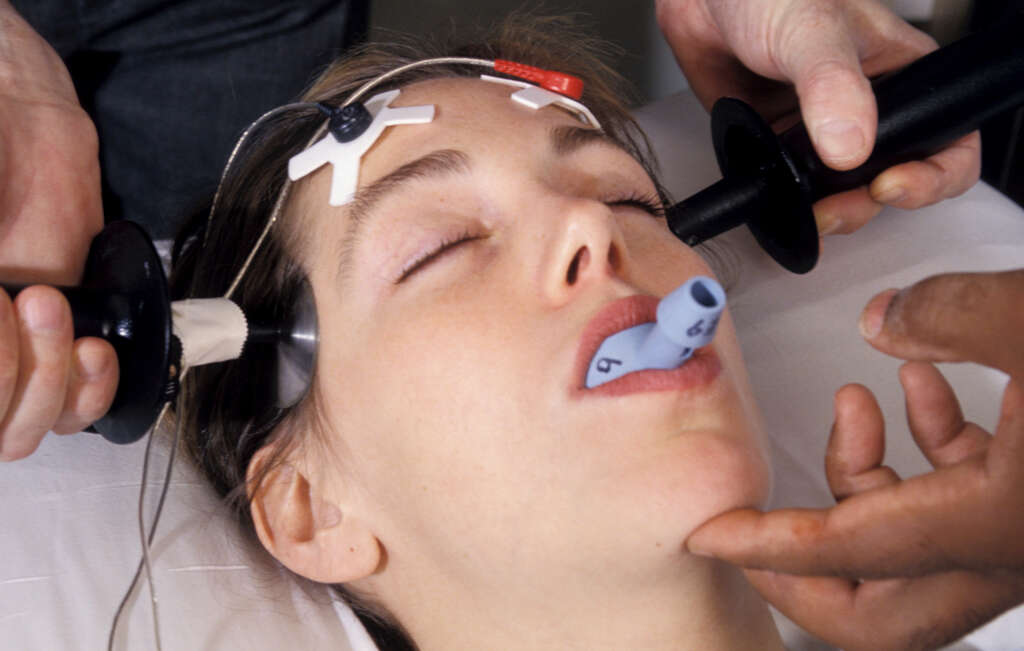
9. What Conditions May Be Related?
According to the U.S. Department of Health and Human Services, many of the conditions people believe are related to schizoaffective disorder are just other names for the same condition. Examples include schizophreniform psychosis, schizo-affective type schizophrenia and schizo-affective psychosis.
However, there are some related conditions that many schizoaffective people suffer from. These include attention-deficit hyperactivity disorder, post-traumatic stress disorder, substance use disorders and anxiety disorders.
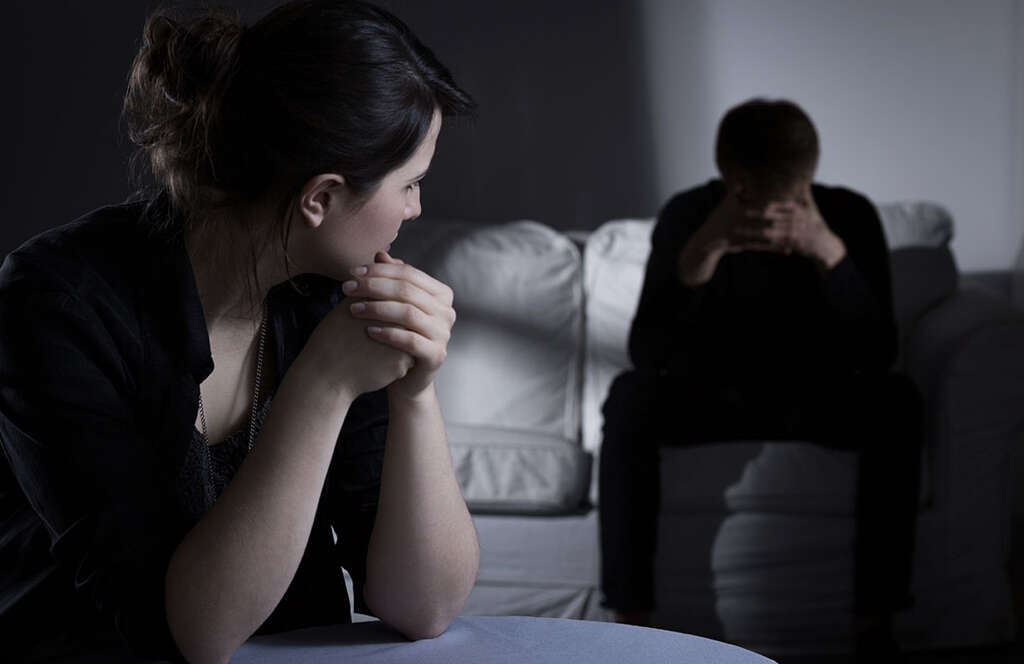
10. What Can People Do to Prevent It?
Unfortunately, there is no known way to prevent schizoaffective disorder. People who know they are at high risk of developing the disorder can take some steps to delay its onset. The first is to abstain from alcohol and recreational drugs. It is usually best to steer clear of mind-altering drugs in particular.
Everyone has stress in life, but people at risk of schizoaffective disorder should attempt to avoid high-stress situations whenever possible. Should symptoms begin to present themselves, early diagnosis and treatment provide the best chance of beating it. Note that symptoms tend to develop between 16 and 30 years old.
If you or a loved one received a diagnosis of schizoaffective disorder, it can feel like life as you know it has changed. In some ways, it has. Self-awareness and a willingness to fight natural instincts tend to determine the possibility of living a normal life. Relapses are always possible, but it is important to see them as small detours and not colossal failures.
Because of the risks schizoaffective person’s can pose to themselves and others in severe manic and depressive episodes, many doctors advise against having children. Some people have only mild episodes, so existing parents or parents-to-be should weigh the pros, cons and risks before starting or growing their families. Ultimately, this is a personal decision.







